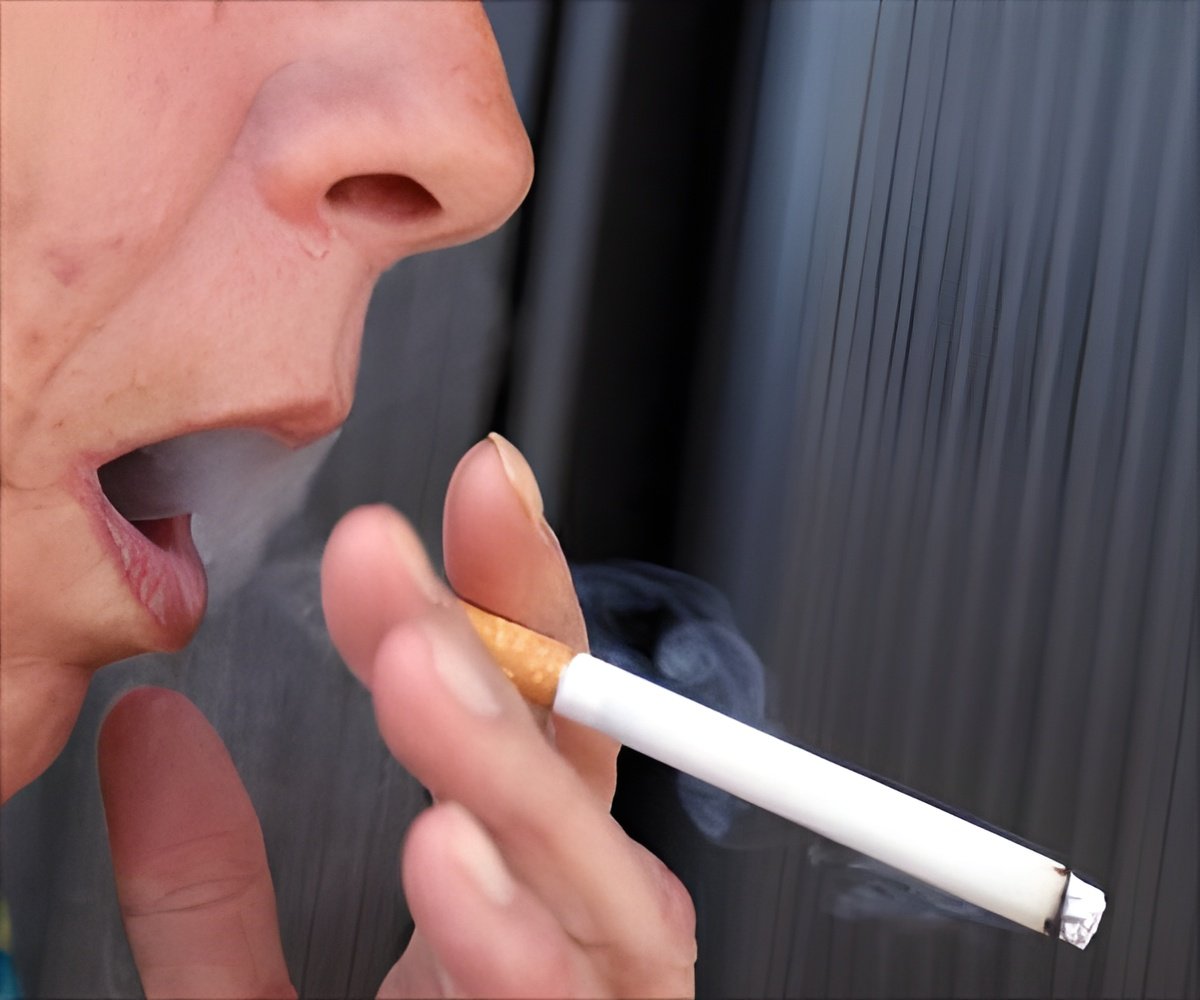Patients with psychosis smoke due to boredom or stress, and also use it as a form of self-medication to cope with side-effects of antipsychotic meds.

Analyzing data from 61 studies conducted around the world between 1980 and 2014, a team found that 57 percent of people first diagnosed with psychosis were smokers. The studies contained data on nearly 15,000 smokers and 273,000 non-smokers, some of whom were diagnosed with psychotic illnesses like schizophrenia.
"People with first episodes of psychosis were three times more likely to be smokers," said a statement from King’s College London’s Department of Psychosis Studies, which took part in the meta-analysis.
"The researchers also found that daily smokers developed psychotic illness around a year earlier than non-smokers."
It has long been hypothesized that higher smoking rates among psychosis sufferers could be explained by people seeking relief from boredom or distress, or self-medicating against the symptoms or side-effects of antipsychotic medication.
But if this were so, researchers would expect smoking rates to increase only after people had developed psychosis.
Advertisement
But the results did suggest that smoking "should be taken seriously as a possible risk factor for developing psychosis and not dismissed simply as a consequence of the illness," they wrote.
Advertisement
"Excess dopamine is the best biological explanation we have for psychotic illnesses such as schizophrenia," said Robin Murray, psychiatric professor at King’s College.
"It is possible that nicotine exposure, by increasing the release of dopamine, causes psychosis to develop."
Source-AFP











